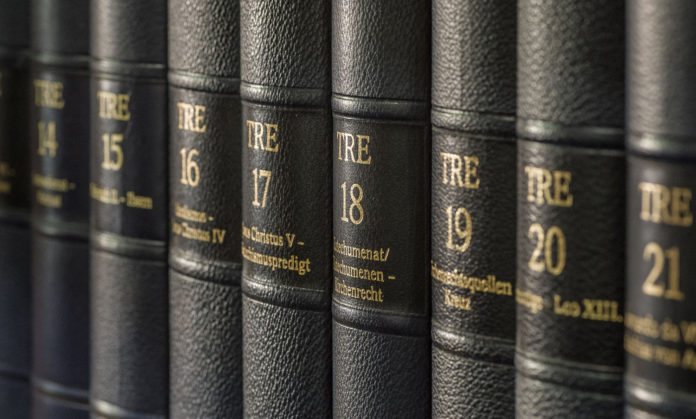
In a post on Writers in the Storm, Lynette Burrows discusses story bibles and how they can help you keep track of your story’s details. “Writing a novel or series of stories can be a long process with lots of little but important details,” she writes. “A story bible can help you create a strong and cohesive narrative.”
However, if you’re writing a series, you have even more to keep track of . And story bibles can be confusing. “Much like a set of encyclopedias, a story bible is a reference guide for your story,” Burrows explains. “It contains details about the world you’ve created, the characters who inhabit it, and the plot you’ve designed.” You can start the bible anytime, but Burrows believes it’s easier to create one before or during your writing. If you’re working on a series, you should have one before you’ve finished your first book.
A story bible can help you keep track of all the details of your characters and story world. Does your protagonist’s sister have blue eyes or green? What kind of car did the hero’s former boss drive? Check the story bible. You can also keep track of character relationships and emotions, lies someone has told, and people they’ve met, to ensure that you’re consistent throughout your novel and, if needed, your series.
This can be a real time-saver. “If you’ve written a long series, it can be especially difficult remembering all the details you may need for book 10 or 20,” Burrows says. “While you’re writing, you can simply consult your story bible instead of having to go back and reread parts of your manuscript. This can help you stay focused on your writing and avoid distractions.”
So, how can you create one? Burrows suggests:
- Decide what information to include. “The genre and sub-genres of your book will influence what you need for your reference,” she says. “So will the length of the project.” Commonly, writers document their characters and the story world settings. You might consider adding themes or motifs, as well as reference photographs, schematics, and maps. Simply a list of characters will help you avoid choosing names that sound too similar, but character profiles will be a big help.
- Decide on the format. The format is up to you. Some of Burrows suggestions include a physical notebook, a digital document, software, a book wiki, or bulletin board.
- Organize your information. Organize your information in a way that makes sense and will be useful for you.
- Add information. If you’re still planning your novel, start entering the information you have. This might change, but it’s a good way to begin the habit. If you’ve finished your manuscript, take time to pull out the details you want to track. Add or change details as needed.
- Use it. Refer to your story bible as needed. If it doesn’t work for you, re-organize. No on else needs to see it, so make sure it works for you.








